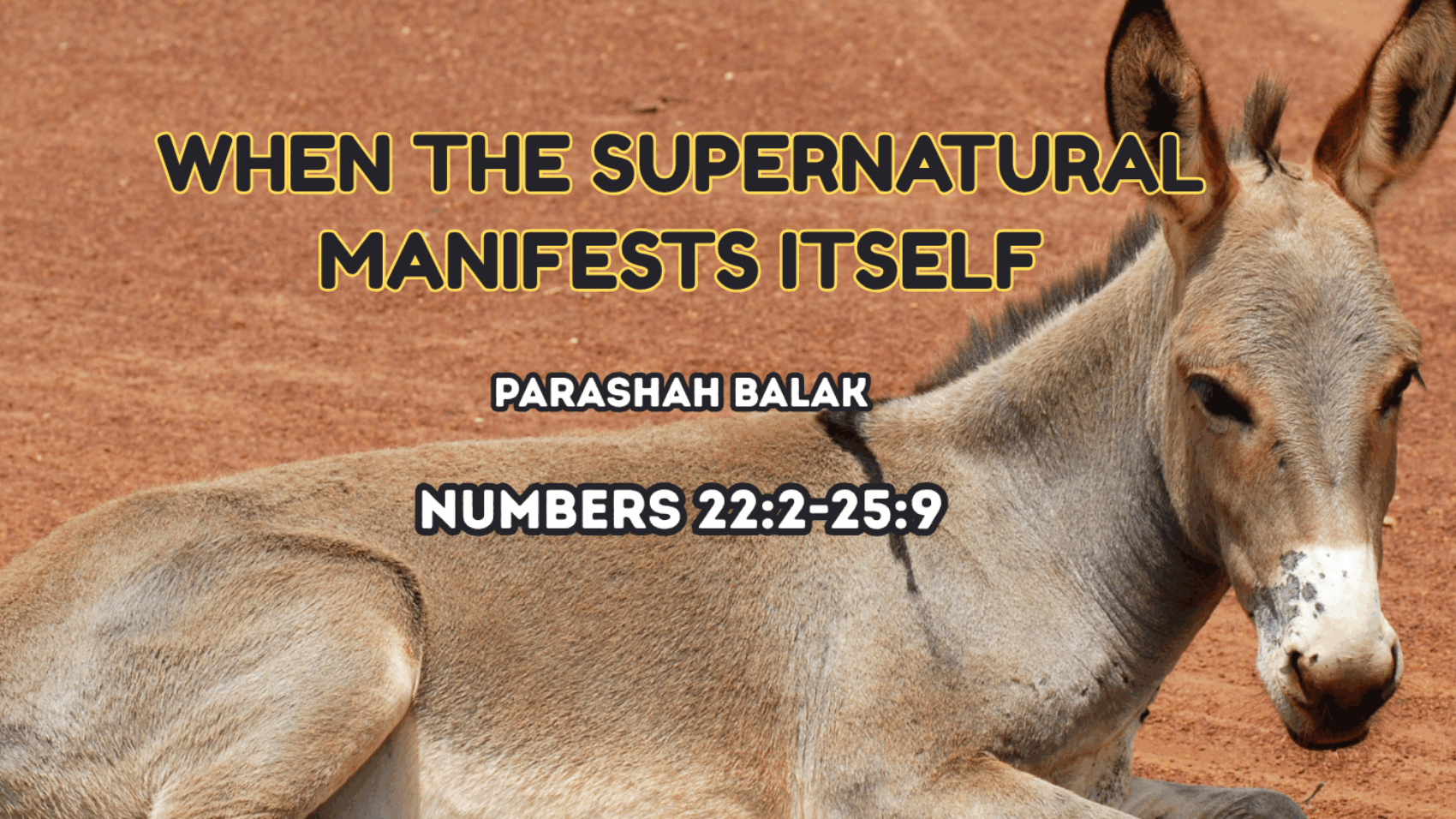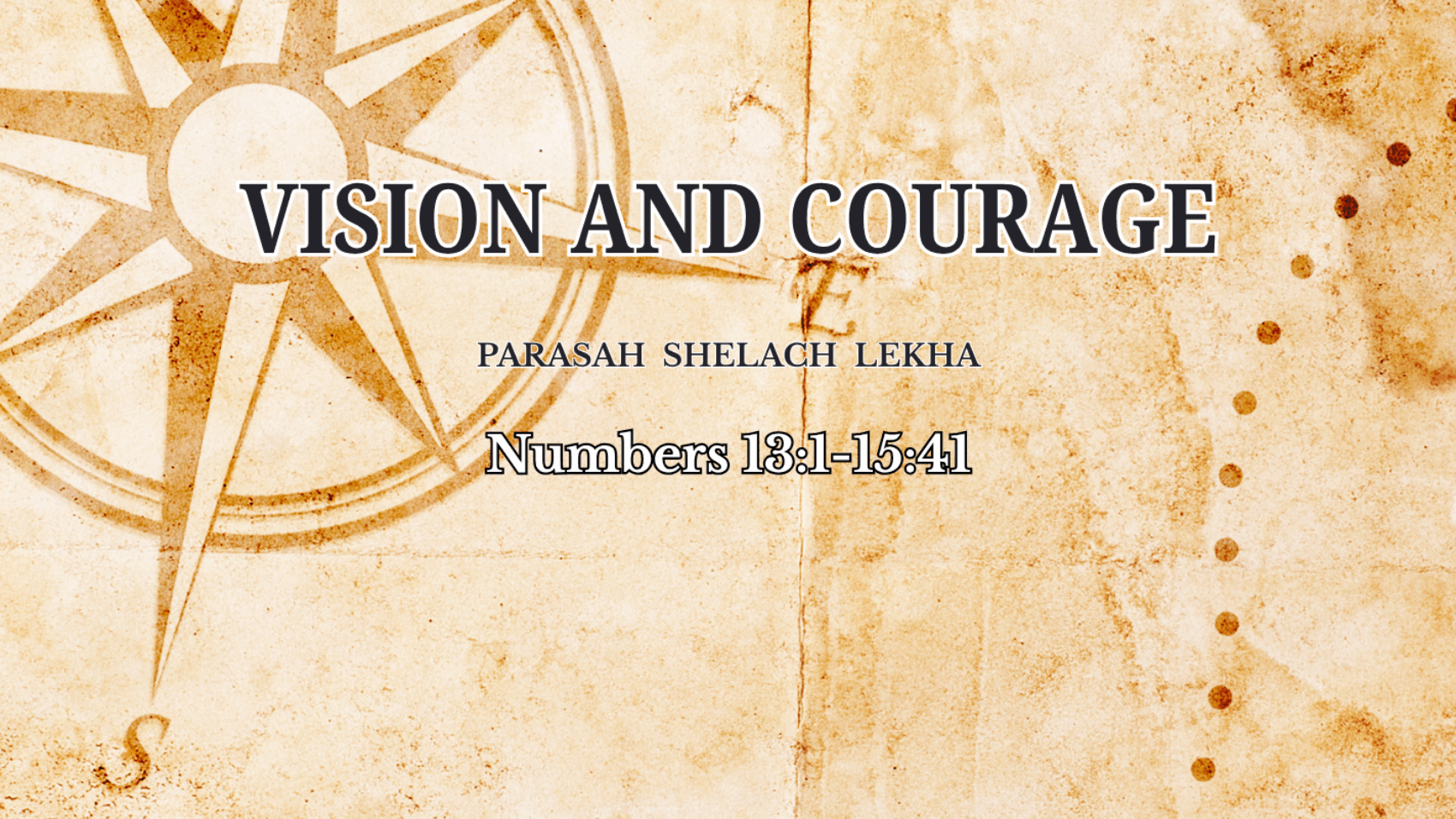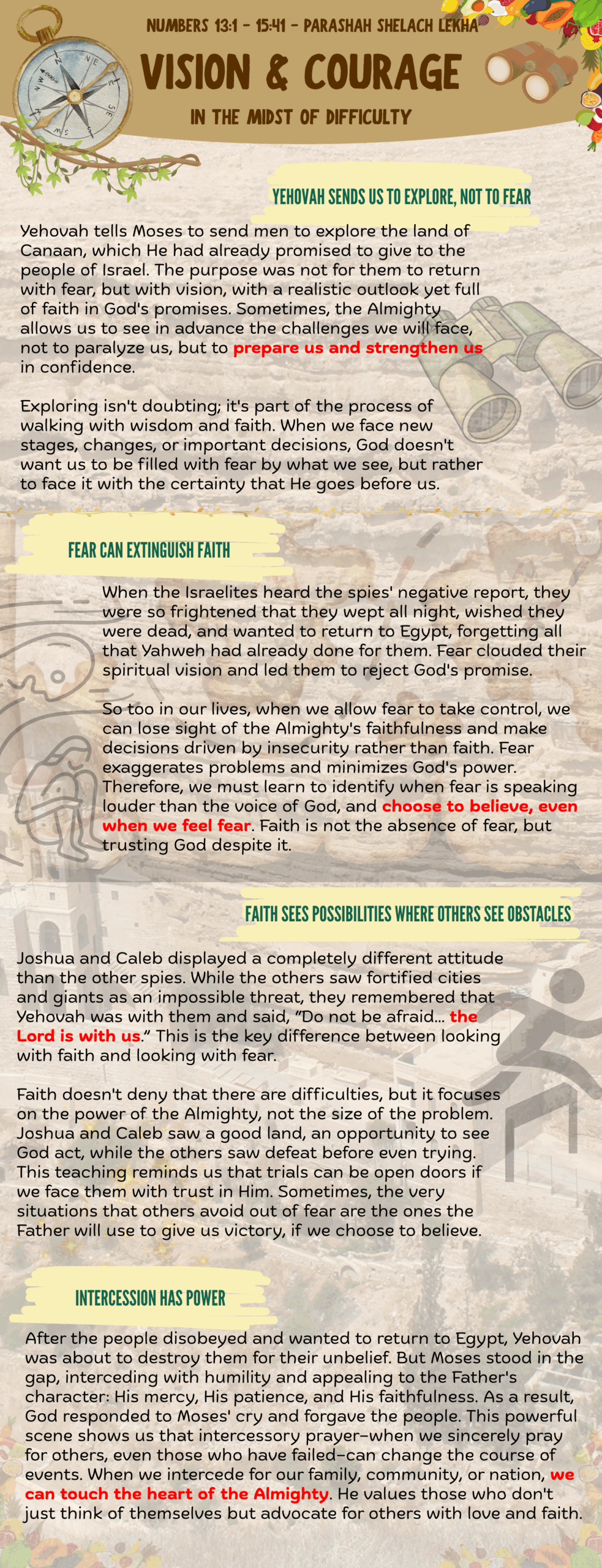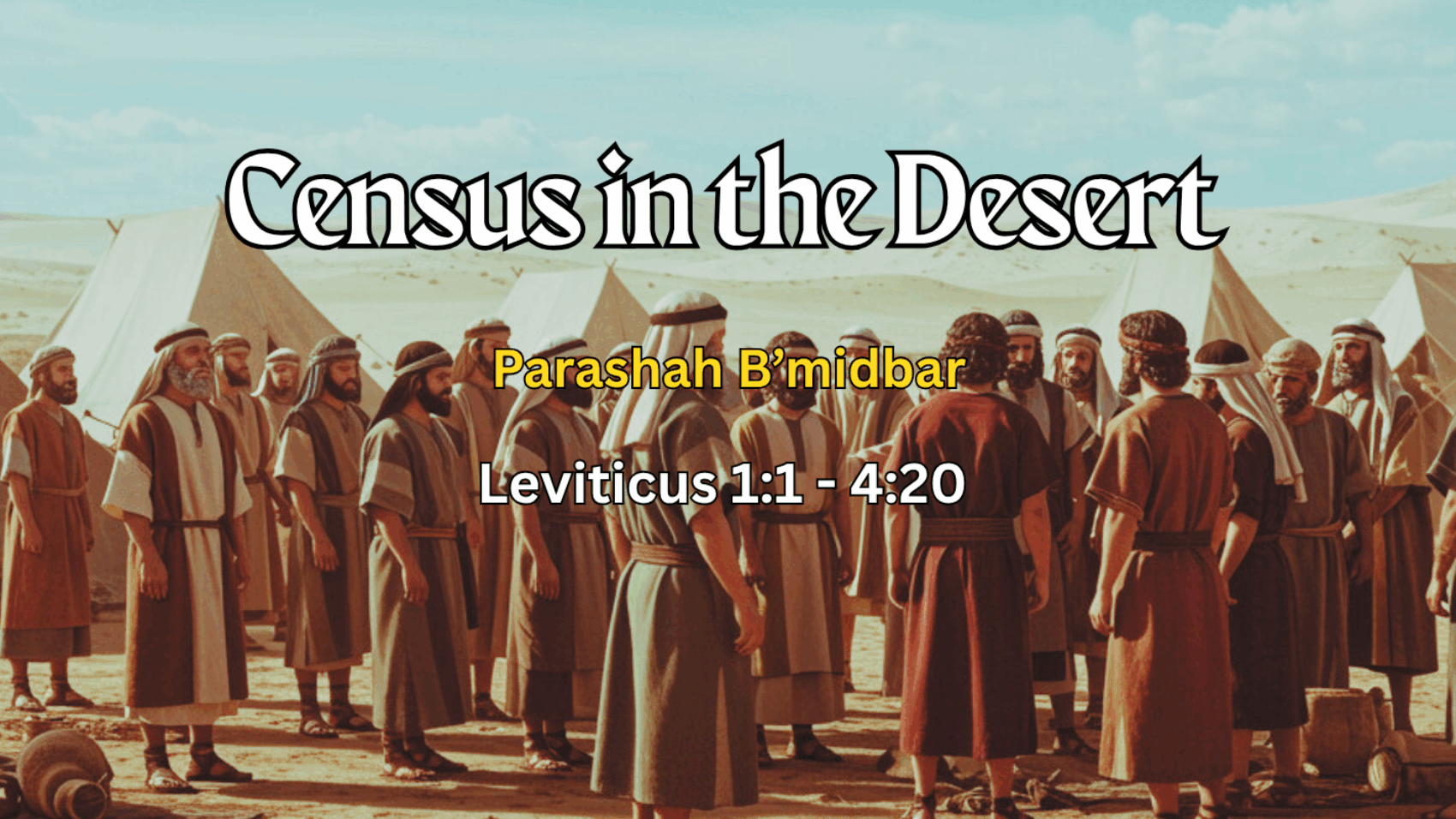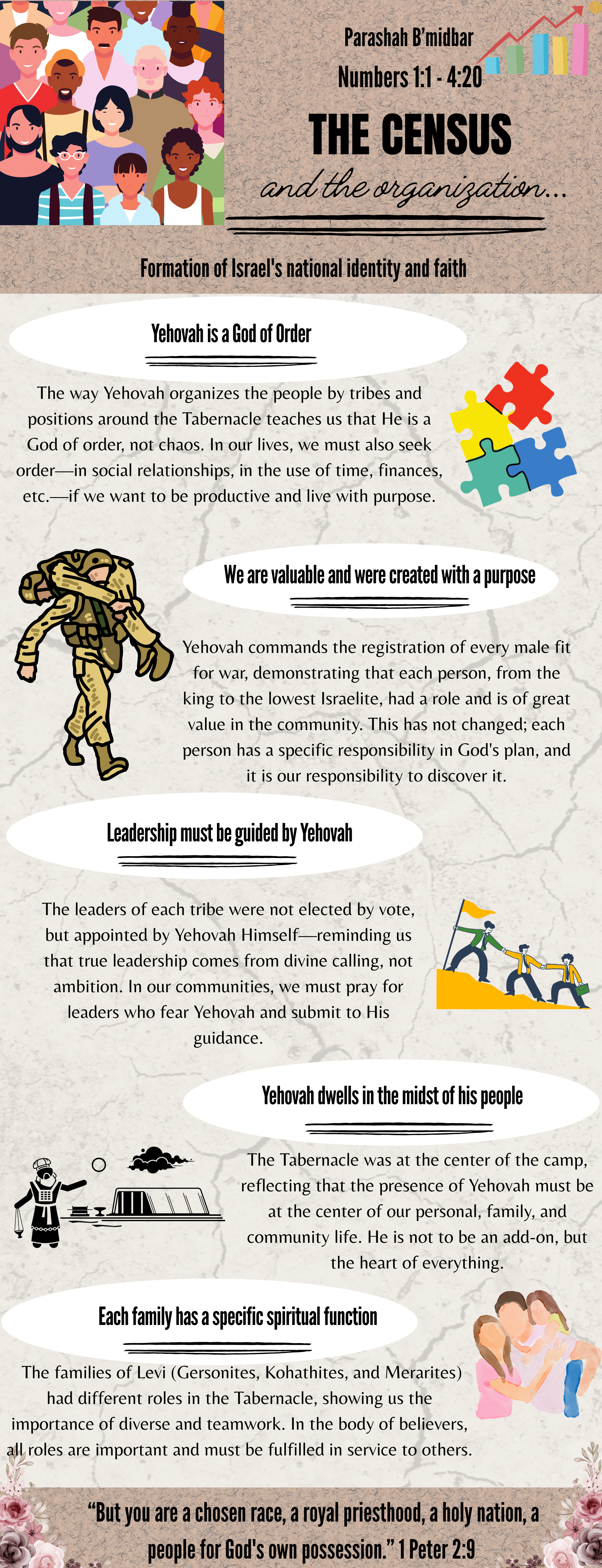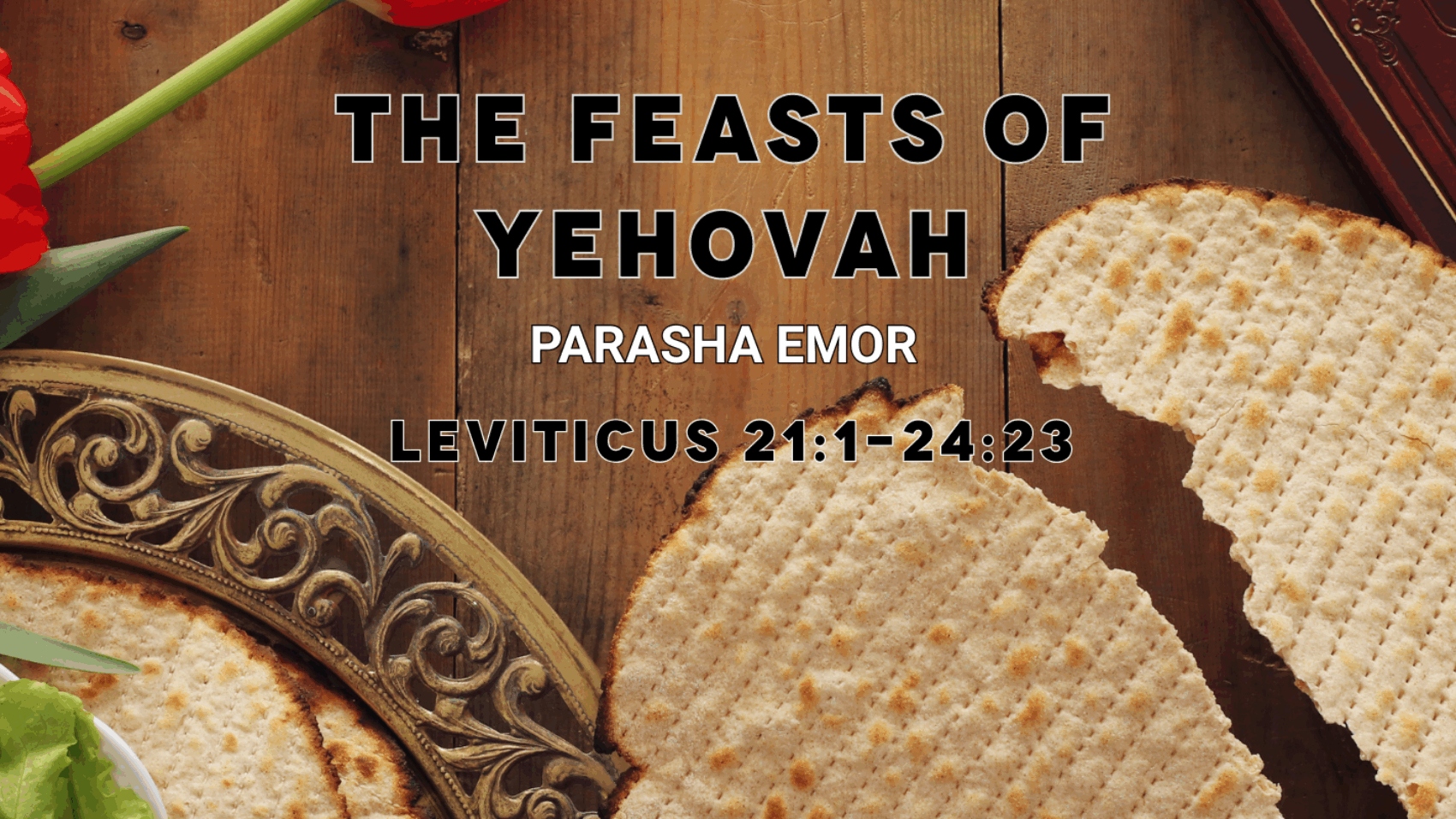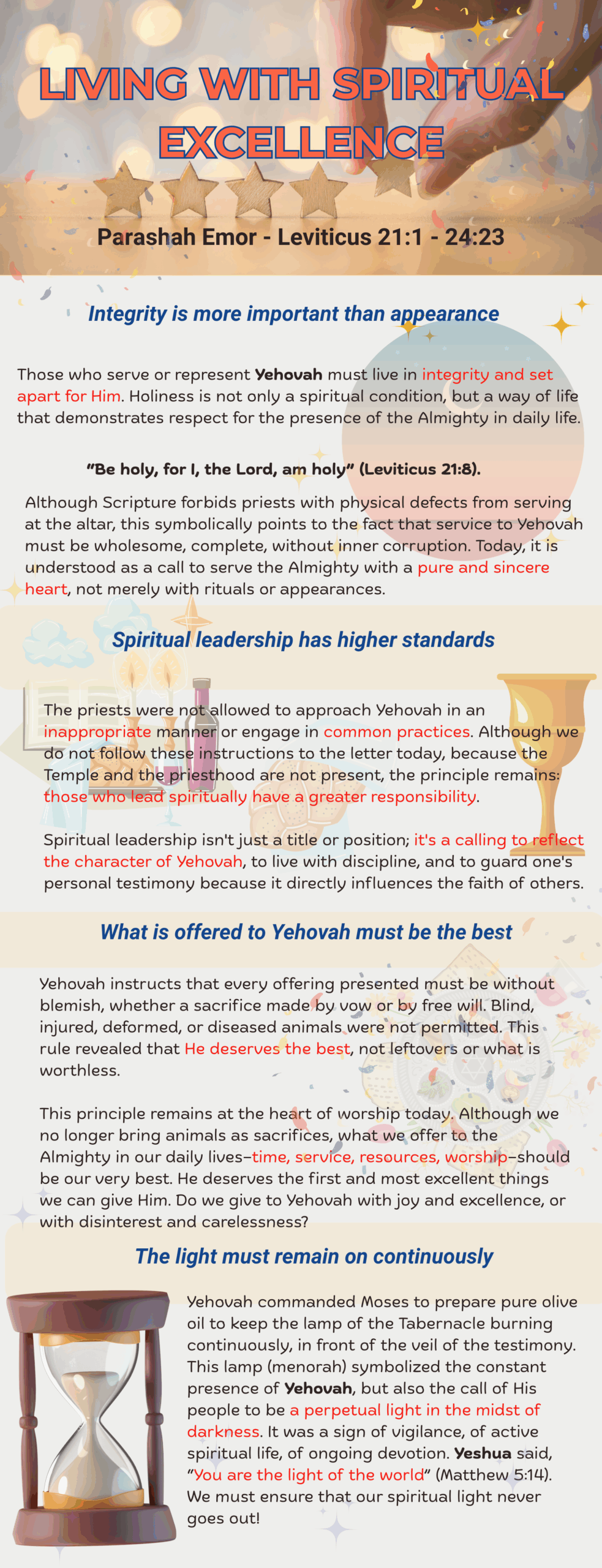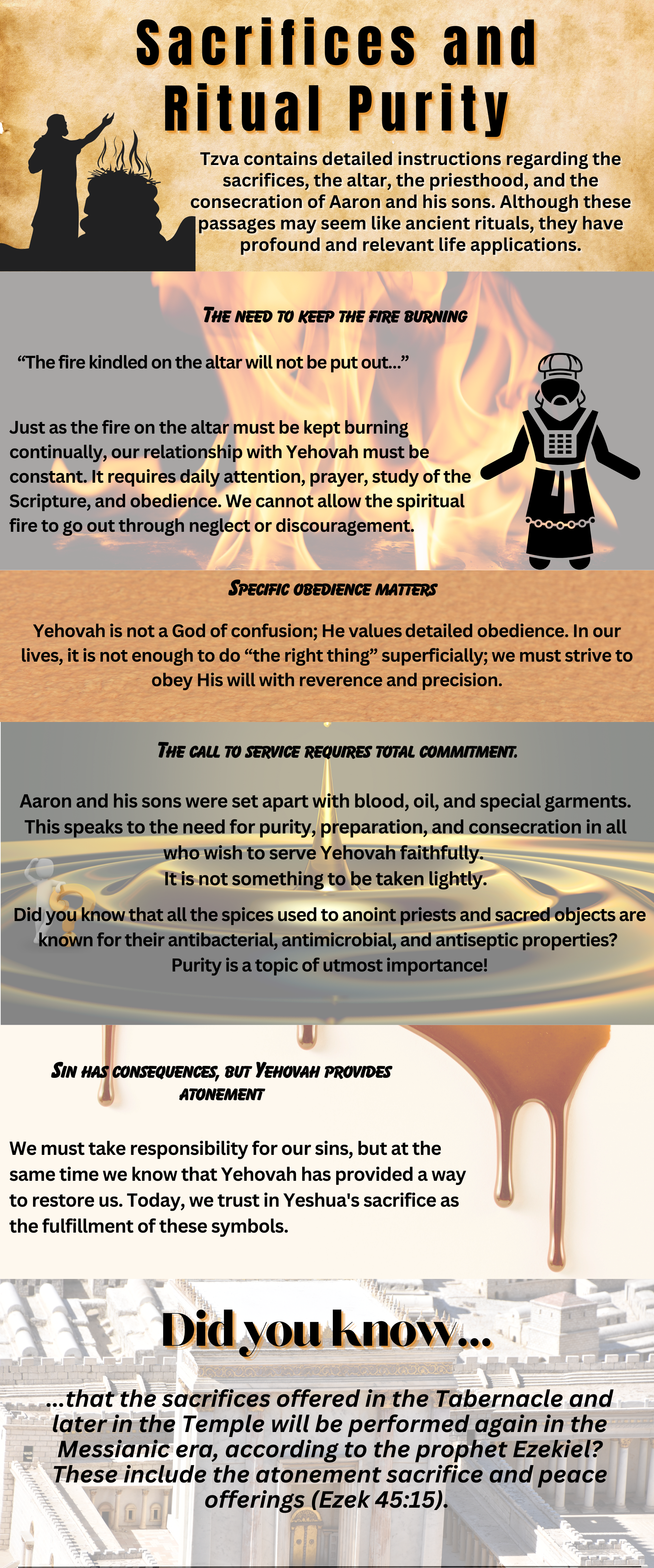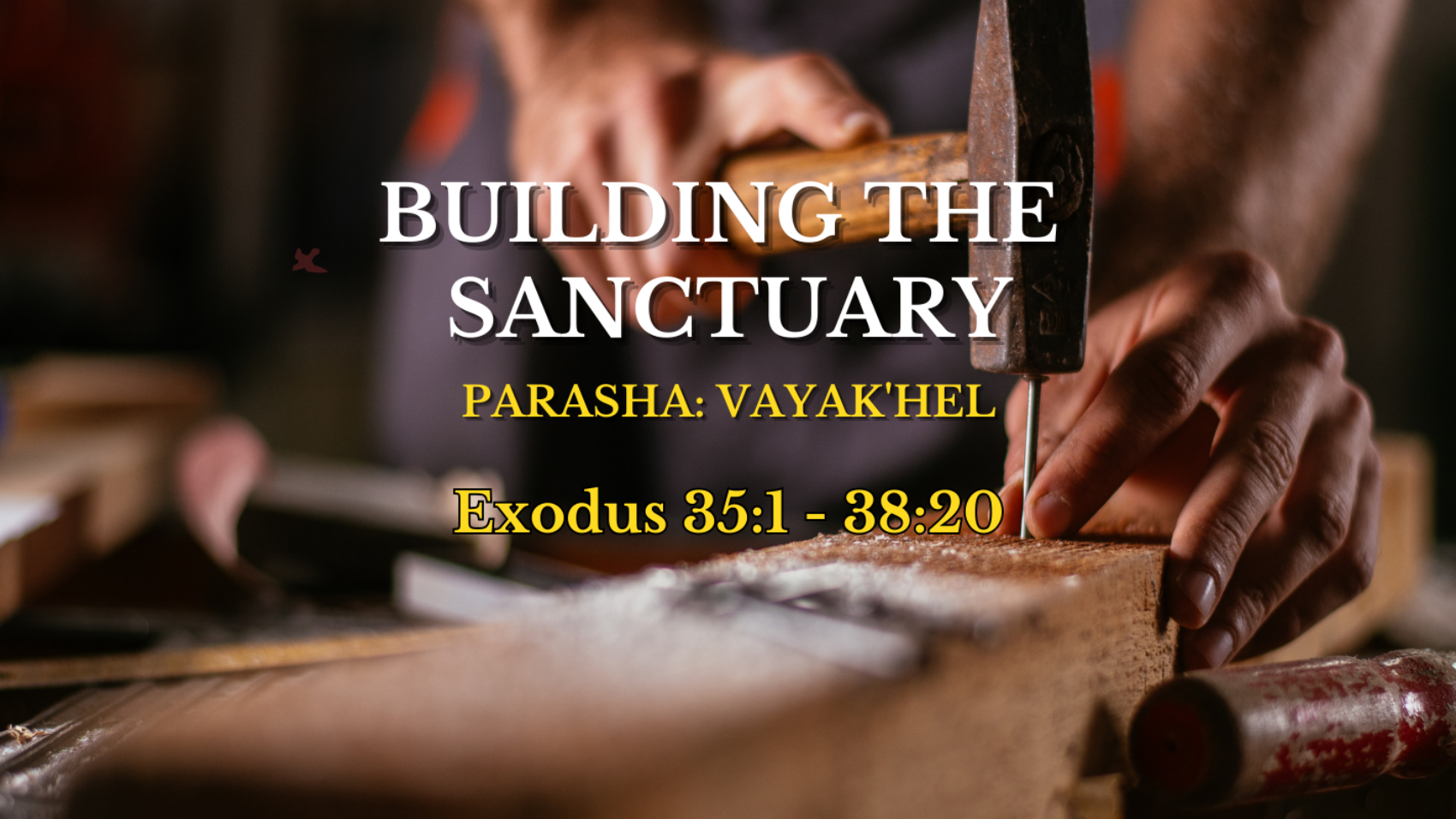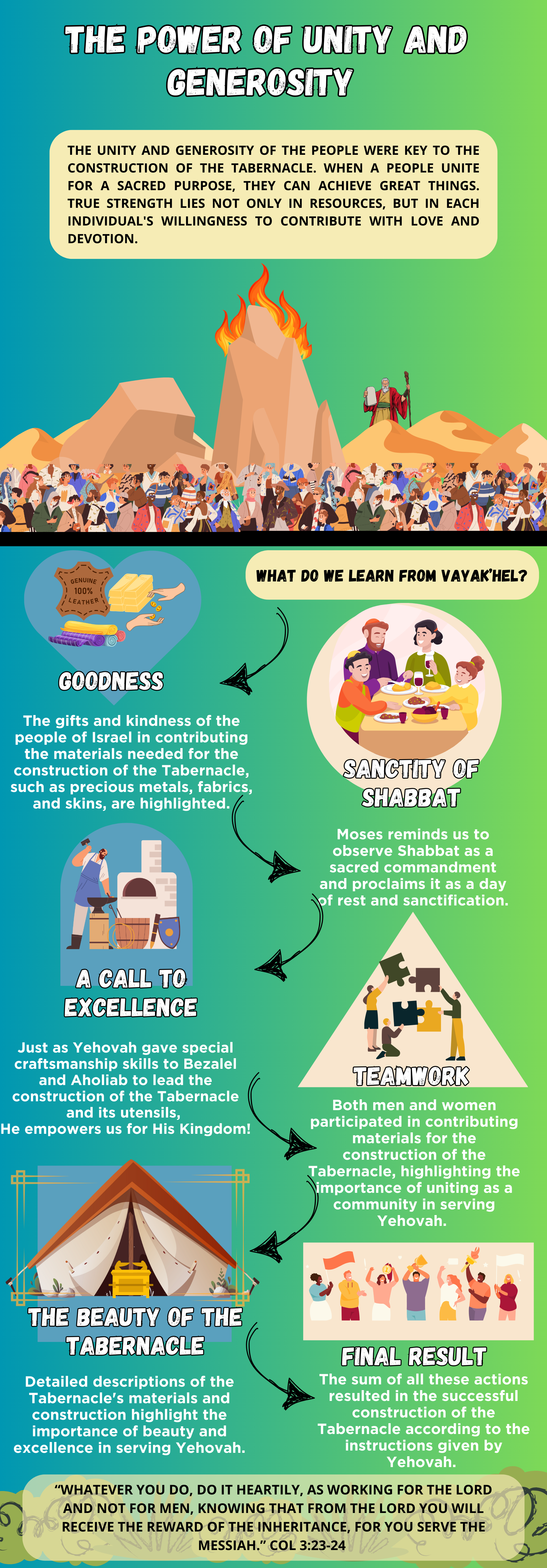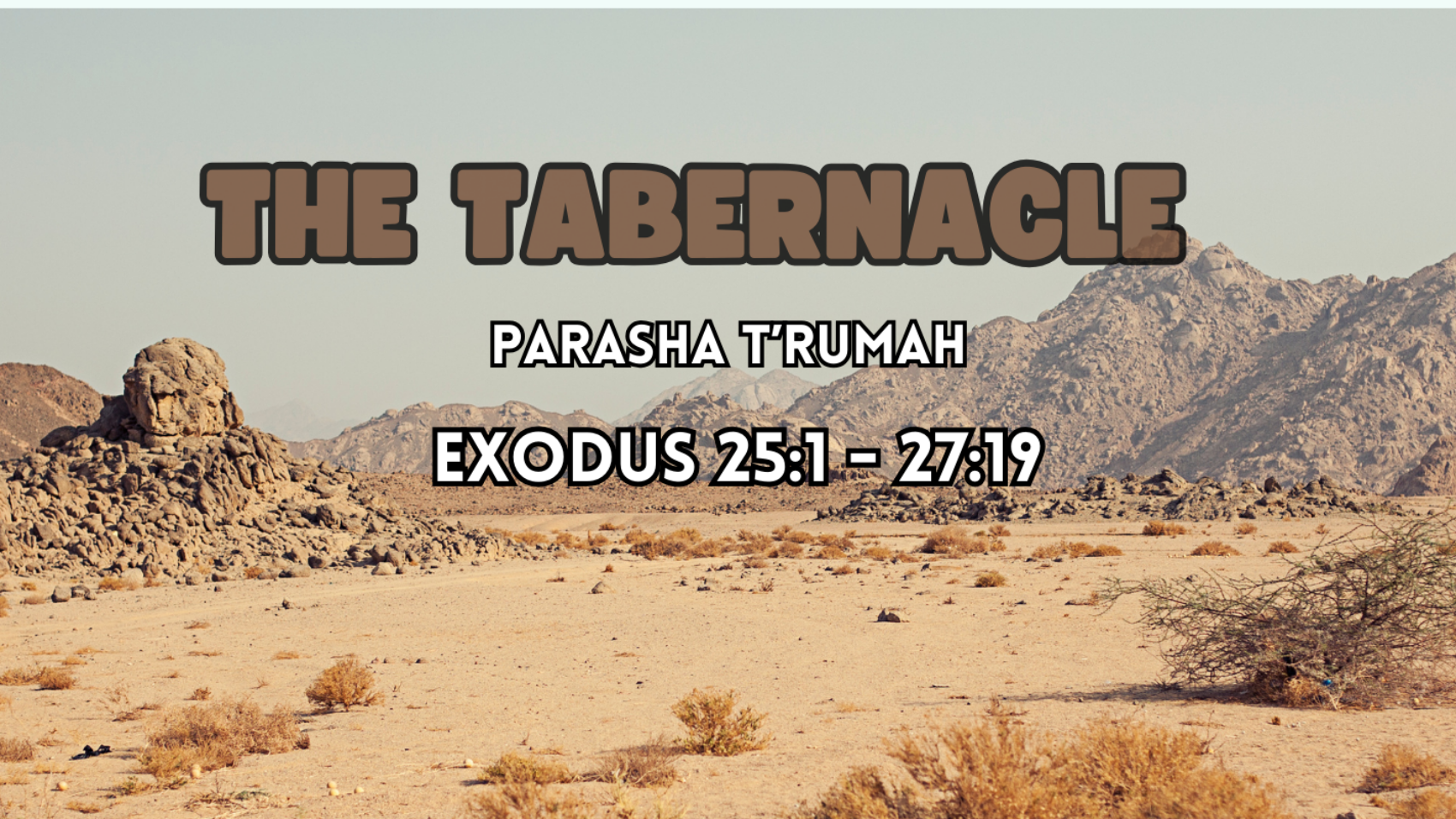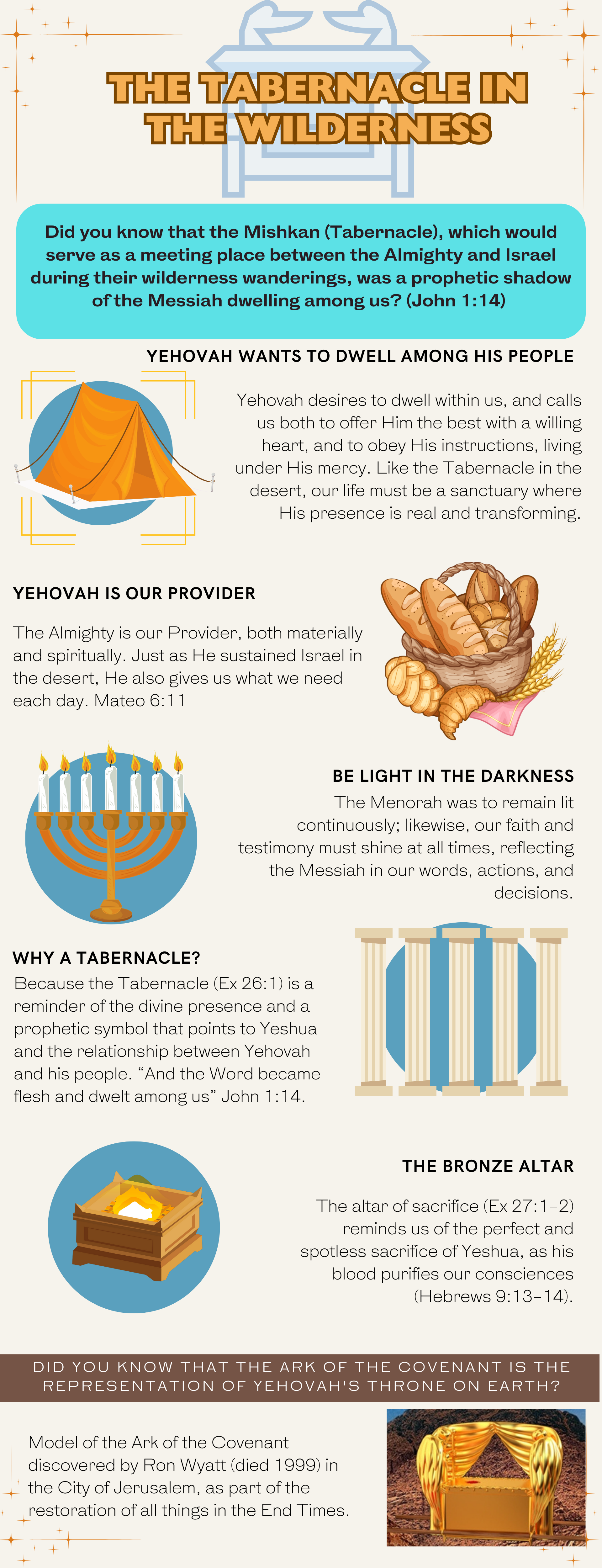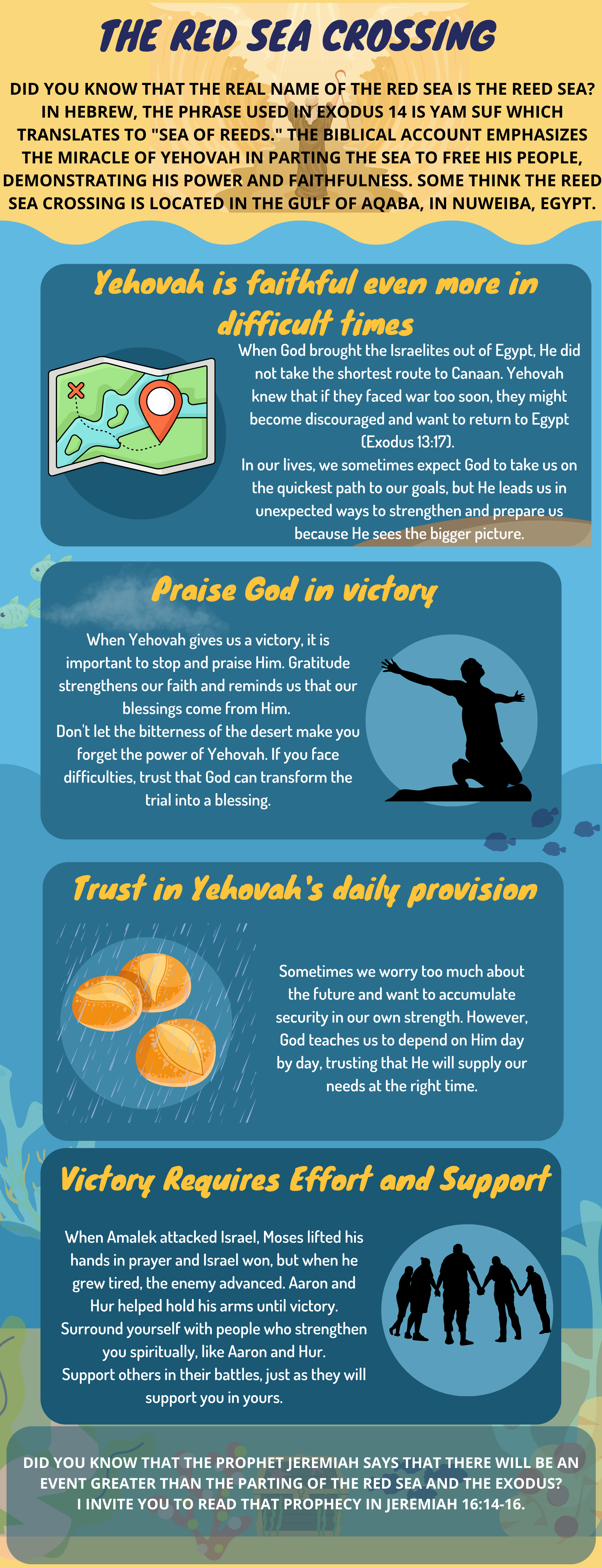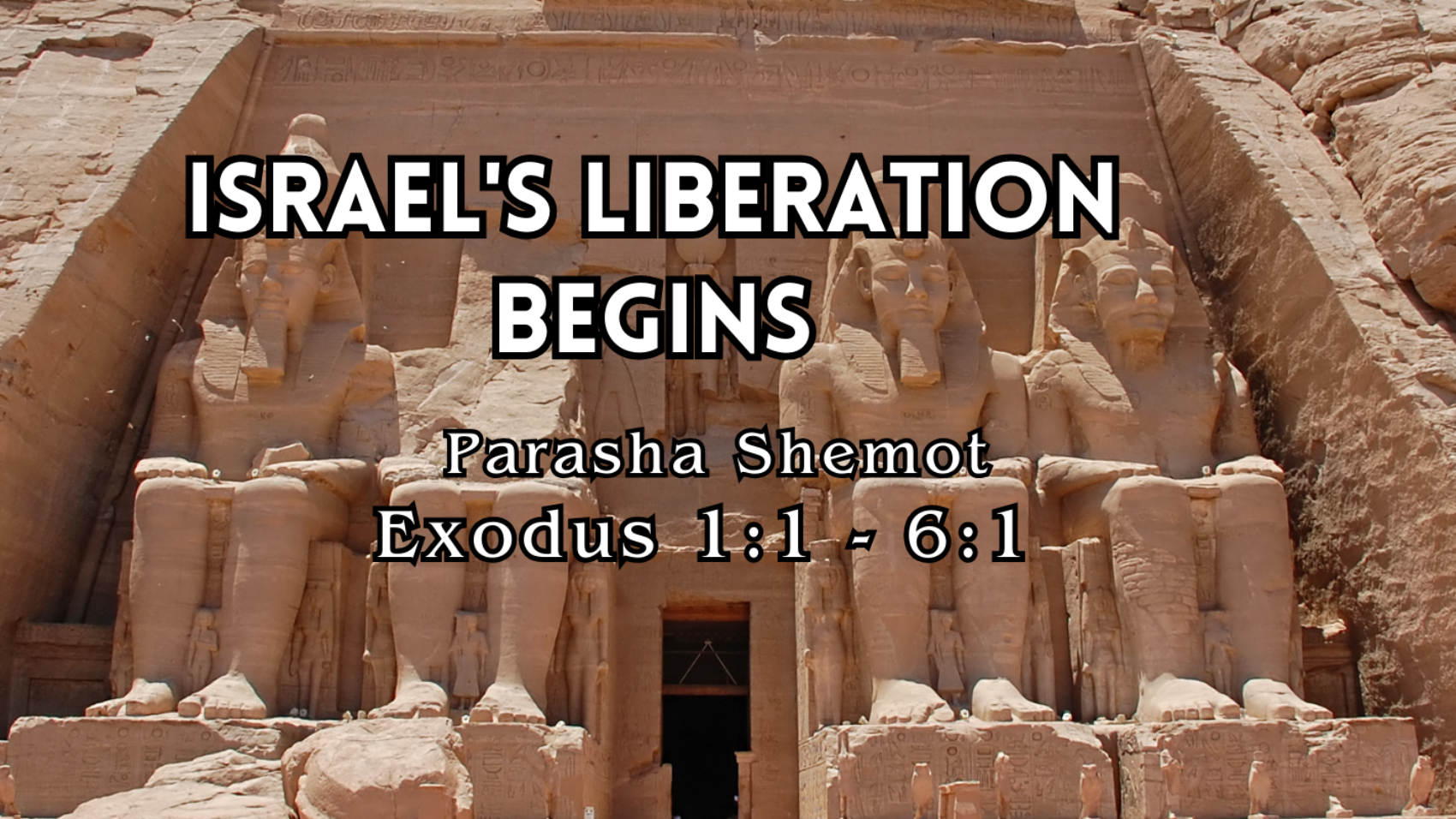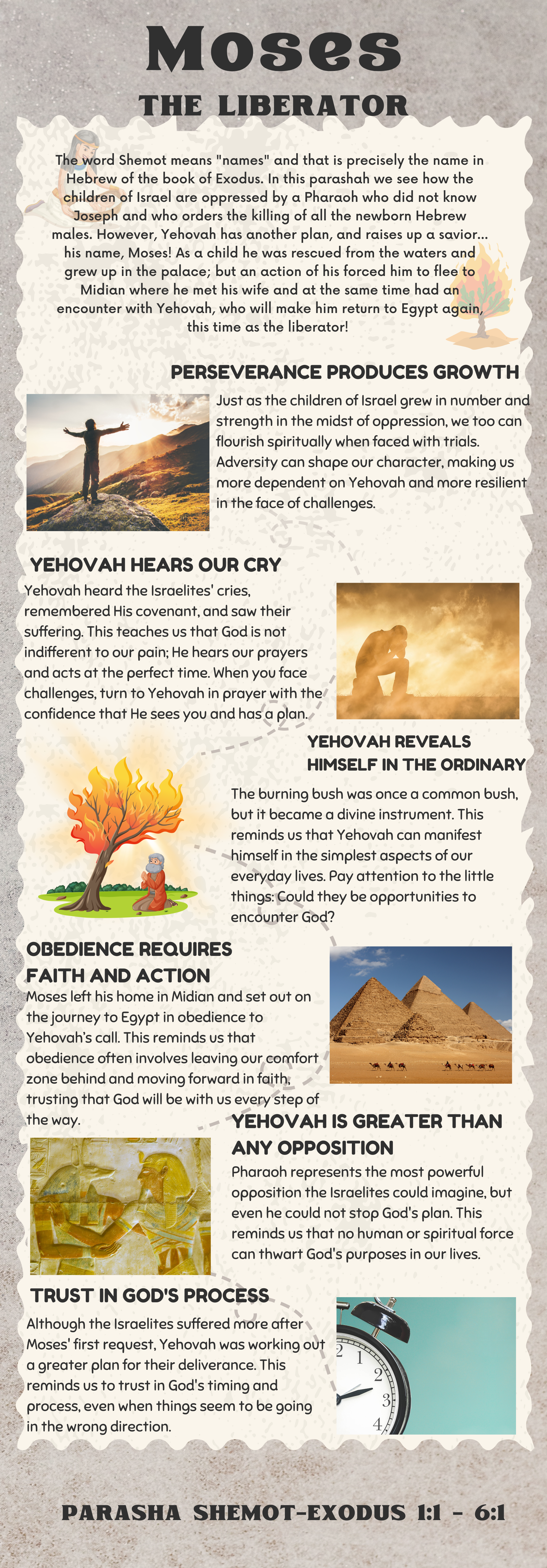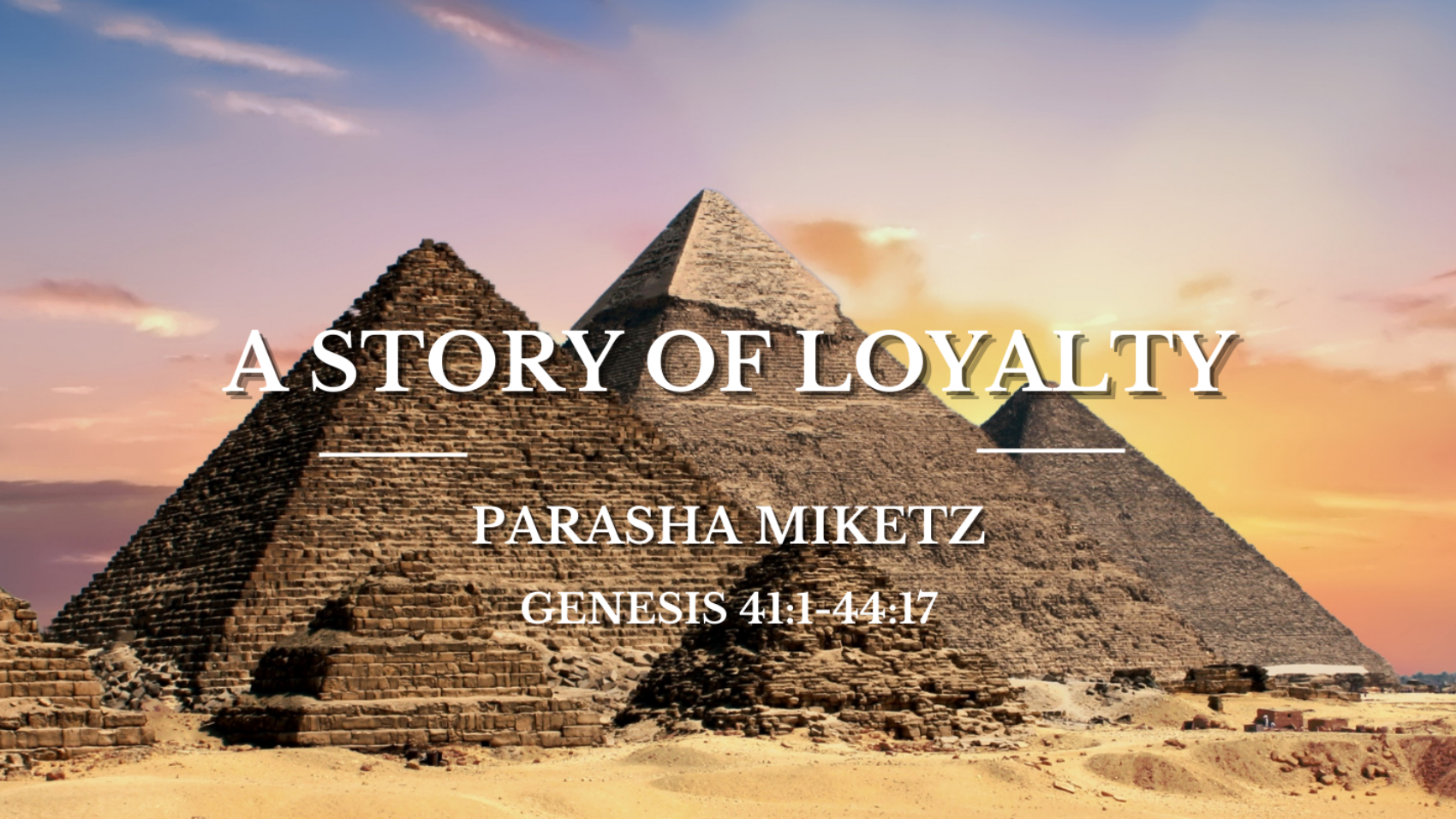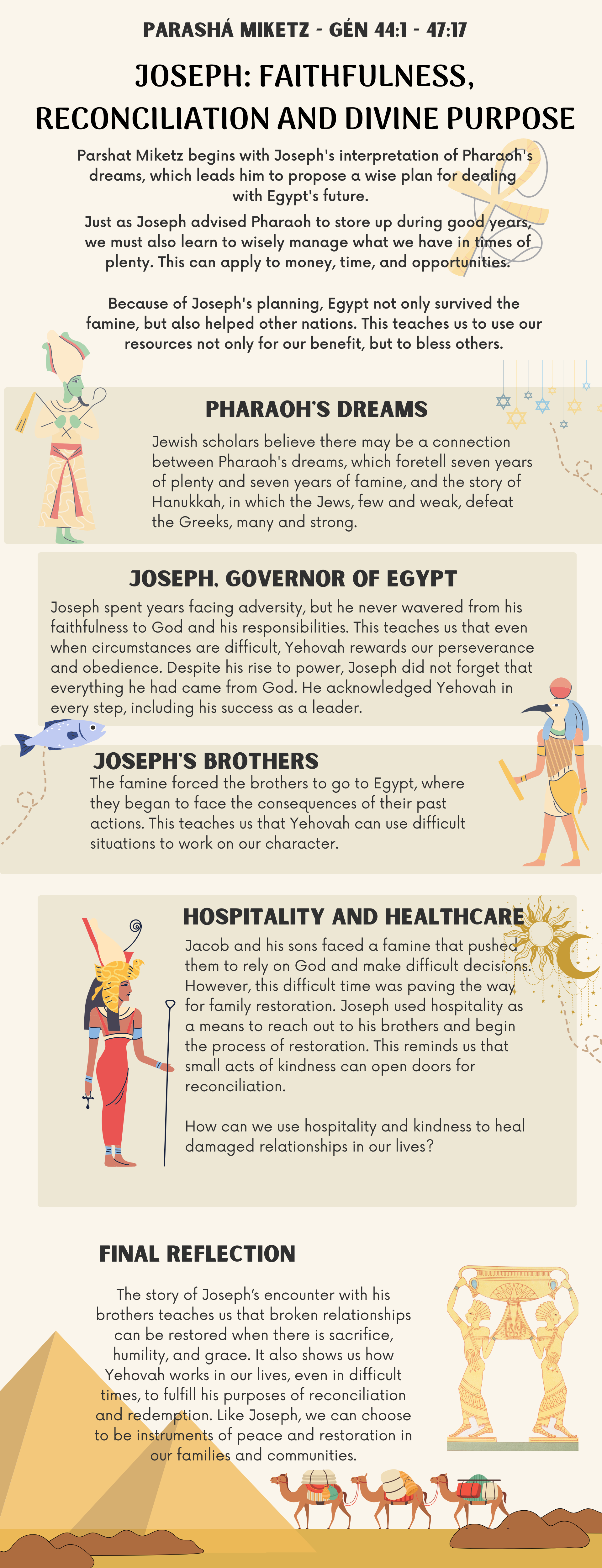Parashah Balak
Numbers 22:2 – 25:9
Have you ever heard an animal speak? This is why this particular parashah is so interesting and peculiar, because this is what happened to the prophet Balaam… Let’s look at the details.
Parashah Balak is a section of the Torah that spans from Numbers 22 to chapter 25. It focuses on Balak, king of Moab, who, fearing the expansion and power of the Israelites, hired the prophet Balaam, known for his ability to effectively bless or curse, in hopes of weakening his enemies, the people of Israel.
The interaction between these two characters is key to this story. Balaam is seduced by Balak’s offer of great riches in exchange for fulfilling his desire. Balaam finds himself caught in a conflict due to the instructions he receives from Yehovah. Throughout his journey to Moab, Balaam experiences several divine signs, including a supernatural conversation with his donkey, who sees an angel blocking his path. This story highlights themes of obedience and the sovereignty of the Most High, as despite Balak’s attempts, Balaam ends up blessing Israel, thus fulfilling the divine will rather than the wishes of the king of Moab.
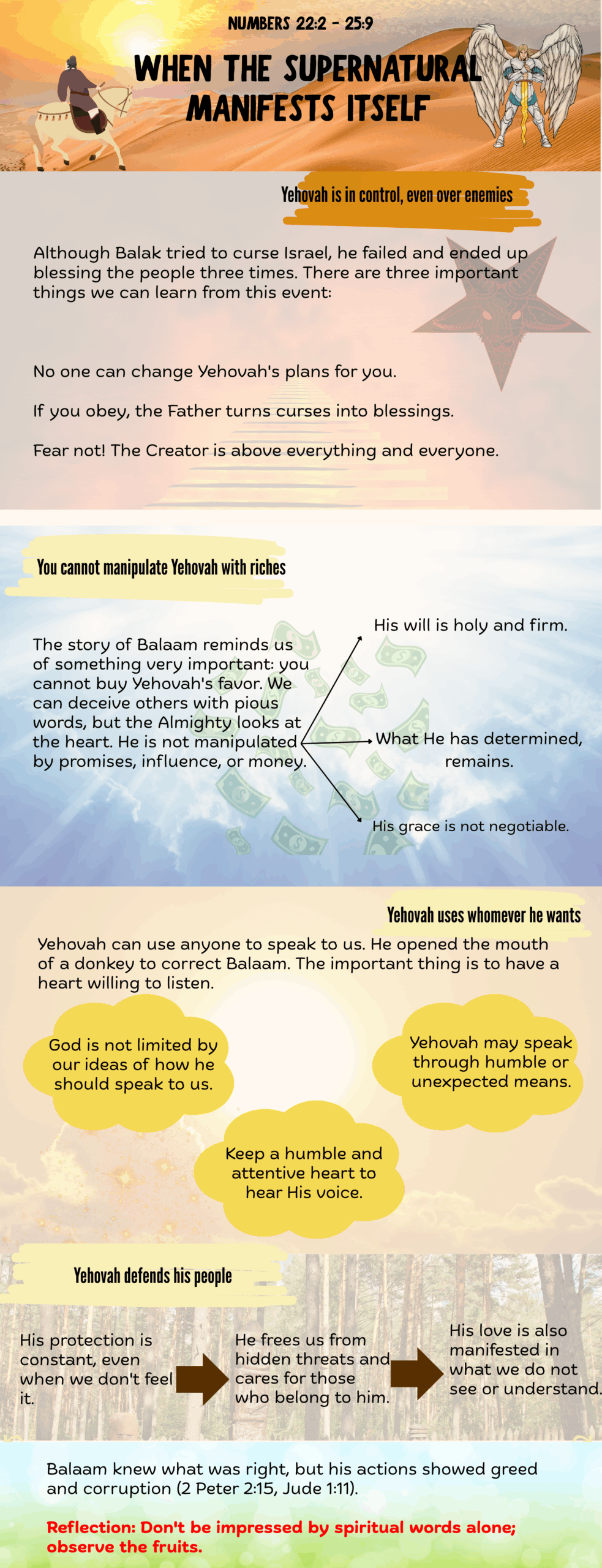
This story teaches us several valuable lessons. First, it reminds us of the importance of emunah (faith) and trust in Yehovah, especially in times of difficulty and danger. It also highlights the need for integrity and honesty, as Balaam, despite his initial intentions, ultimately obeys Yehovah’s Word and utters the words He commands him to say. Furthermore, the intervention of Balaam’s donkey teaches us to be sensitive to the signs and manifestations of the Almighty, which can come from the most unexpected sources. In summary, the parashah of Balak invites us to reflect on the sovereignty of our Father, His protection of His people, and the importance of acting with integrity and obedience to His commandments.
Exhortation: Let us be humble before the Creator and not allow our stubbornness to reach such a point that Yehovah has to speak to us through a donkey!
